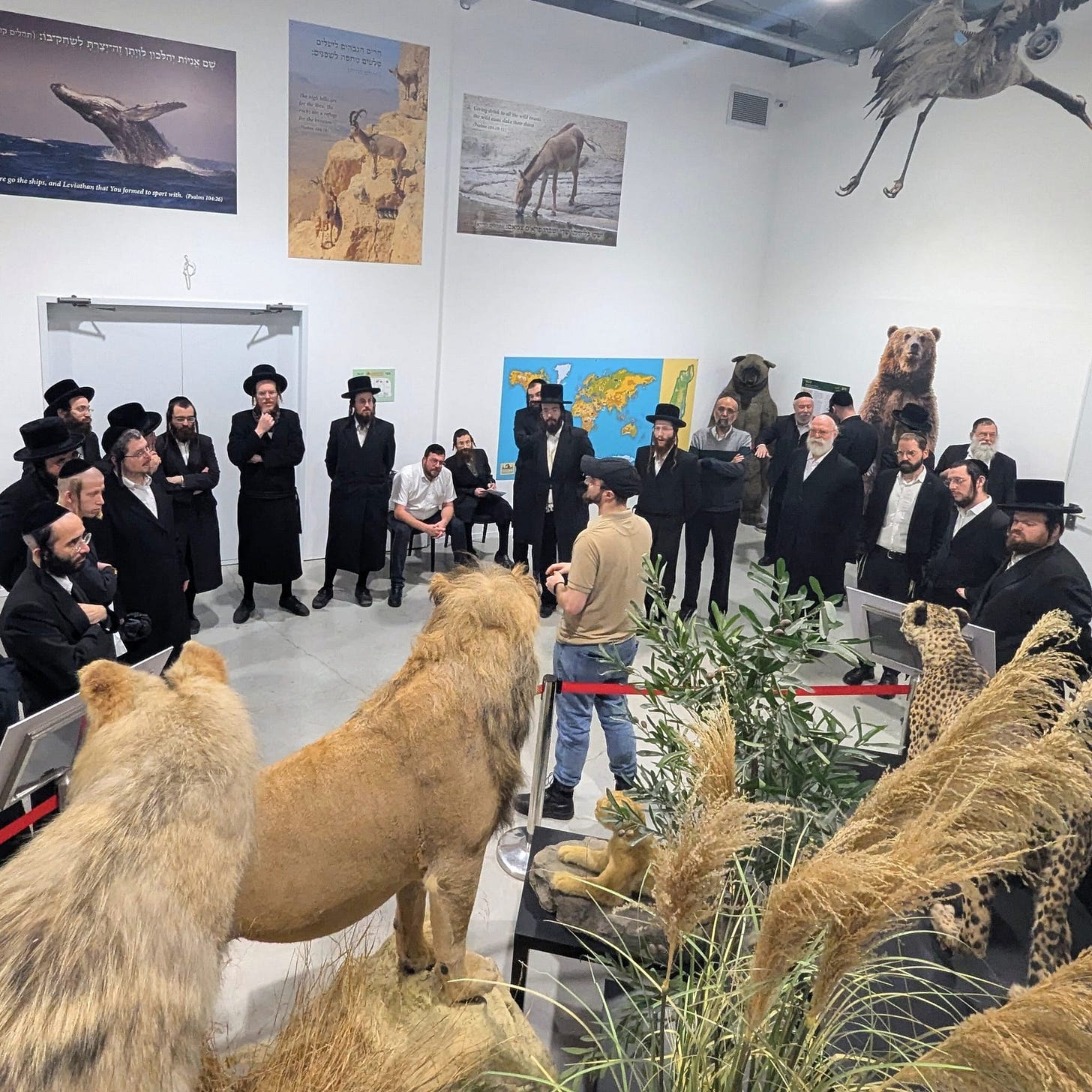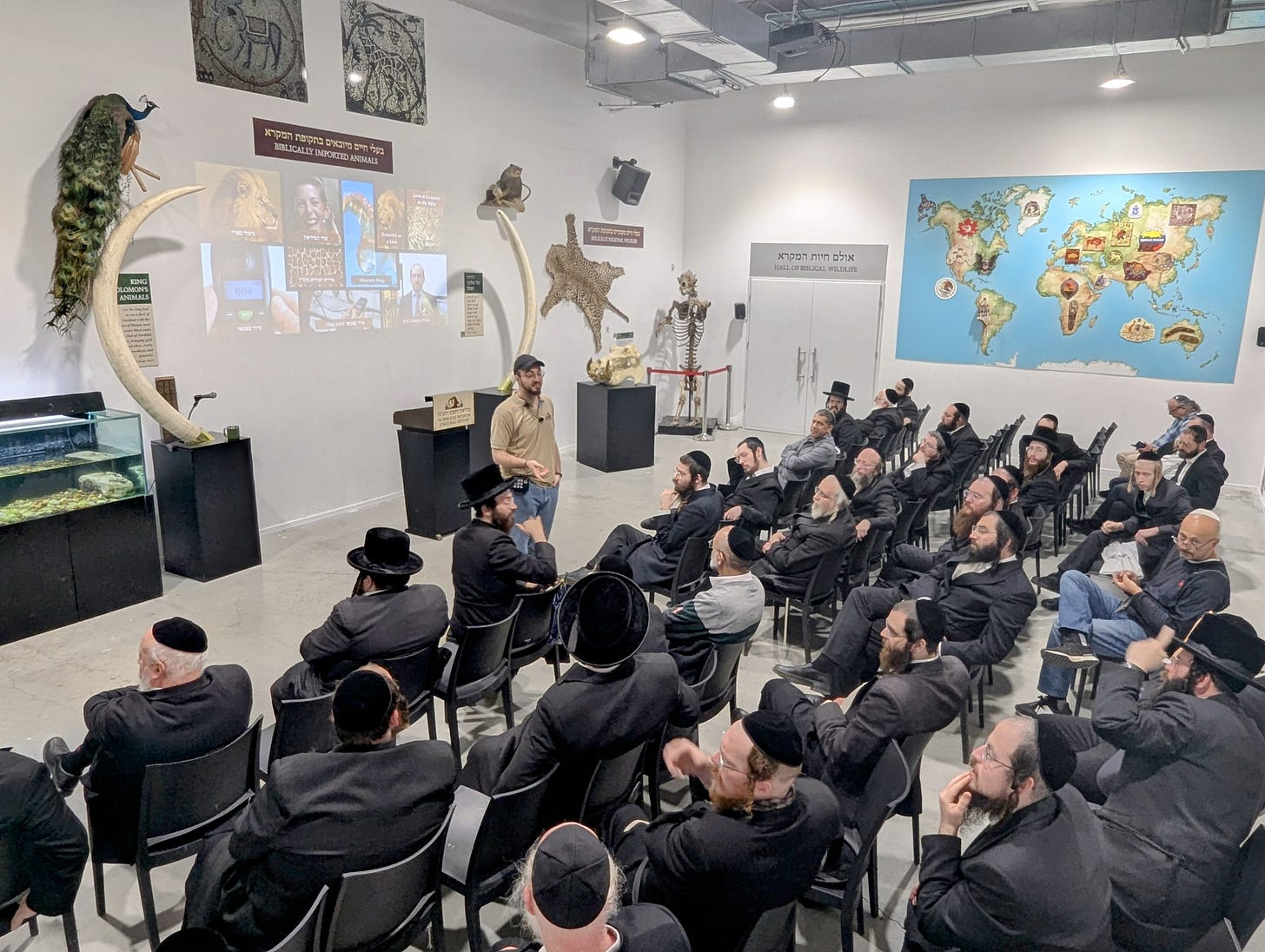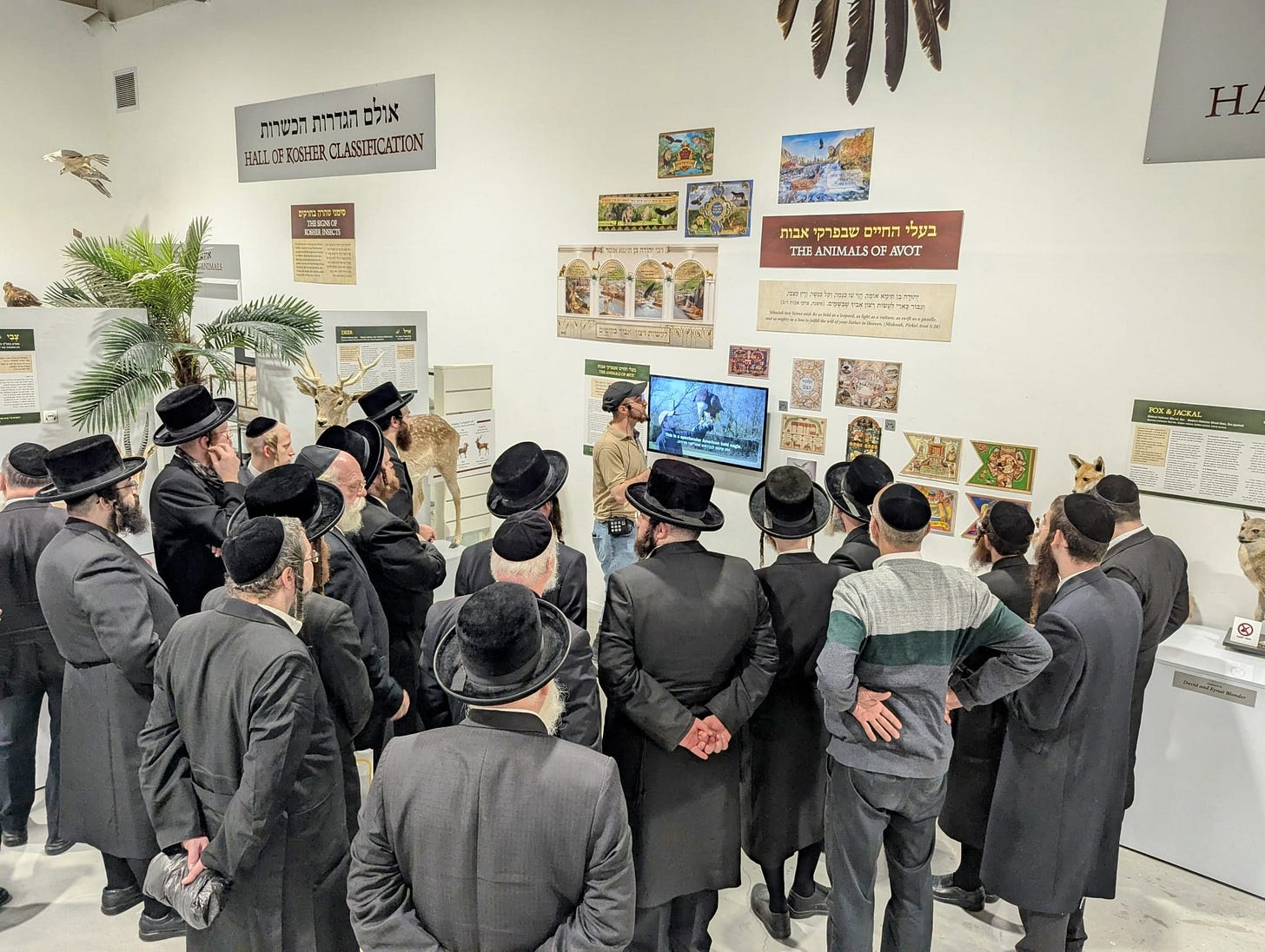The Belz of Change
THIS is how change happens
The alarm bells in Israel were ringing long before October 7th shattered assumptions about security. A third of Jewish first-graders were in charedi school systems that were opposed to secular education and professional careers, let alone army service. Poverty in the charedi sector was creating disaster not only for that community, but also posed a threat to the entire country. As Jonathan Rosenblum pointed out years ago in Mishpacha magazine, a growing community that is undereducated and underemployed spelled economic disaster for the country as a whole, which would in turn make it impossible to have an advanced army that can defend the nation.
The war, with its staggering financial costs, exacerbated the economic crisis for the nation in general and for the charedi communities in particular. To their credit, many chassidic streams realized that it's time to change, at least enough for their cheder system (serving an age equivalent to students in elementary schools) to survive. And some have decided to place their schools in the State charedi (ממ"ח) system, and include the “core curriculum” of basic general studies, which enables them to receive state funding.
In order to qualify as a state charedi school, the rebbes need professional training and education. An organization called Chotam has taken responsibility for this. They need to find ways in which to provide them with the education that they need to be professional educators, but in a way that is suitable for their worldview. Accordingly, they brought forty Belz chassidic teachers to the Biblical Museum of Natural History.
It was a terrific group. They were absolutely fascinated by everything and they had endless questions. Our guide told me afterwards that he particularly enjoyed how whenever he would mention a Torah source, they would be instantly familiar with it, and they were thrilled to see and learn about the zoological reality corresponding to that source. And when our mynah bird said, "Ayayayay, Gut Shabbes!" (we have no idea who taught him that), they cheered and clapped.
This is how the best and most productive change happens. If you'd like to be a part of it, please make a donation on our Donate page, or be in touch with our head of advancement, Ellen Levi, at advancement@biblicalnaturalhistory.org






Love the positive news of progress, which I believe is absolutely necessary in tandem with your critiques of what is NOT working! The Jewish people is still recovering from millennia of exile and the reactionary traumas wrought by persecution and assimilation. We need to highlight ways forward in the uncharted territory of our imminent redemption. What other mechanisms are already at work for integration of haredim into the workforce and army albeit in still small forms? Where is the hard evidence that the Haredi world needs to put their fears to rest that there is vibrant Judaism beyond its walls?
Amazing news (about the changes in hassidic primary education). The story of the visit of Belz teachers to the museum comports with my own admittedly meager experience, which is that many hassidim, when exposed to knowledge beyond their dalet amot, are unquenchable in their curiosity and desire to learn.